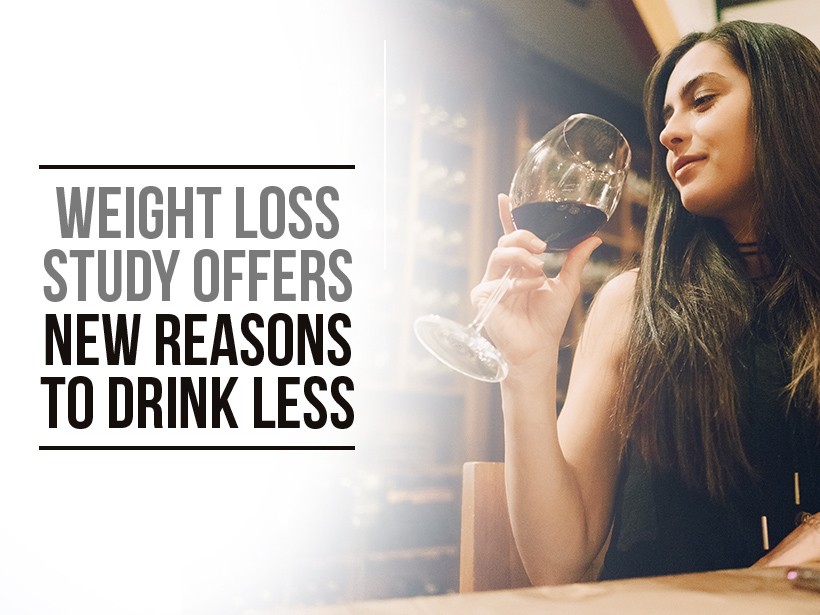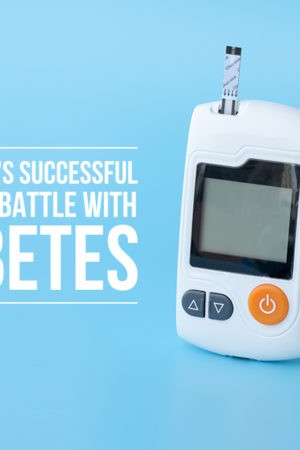It should hardly come as a surprise that, according to a recent study led by researchers at the University of Pennsylvania,1 consumption of alcohol has been linked to difficulty with long term weight loss for people with Type 2 diabetes. Indeed, it hardly takes the strict determination of a keto dieter to know that regular or heavy drinking will put a dent in any weight loss efforts. Keto in particular, however, requires bidding farewell to tall pints of beer and the shaded comfort of a pina colada with one of those little beach umbrellas.
Nonetheless, the results of the study were mixed depending on the amount of alcohol participants usually consumed and the timeframe of the measurements being taken, speaking to the cautionary–but not entirely prohibitive–approach to drinking that many people take when they begin a diet. The good news for current and prospective keto dieters is that not all alcohol need necessarily be off the table (check out Tasteaholics’ recently updated Ultimate Keto Alcohol Guide for the list of dos and don’ts, and the reasons why).
Trouble in the Long Term
The study, published in the journal Obesity, measured the weight loss of overweight or obese Type 2 diabetics undergoing a lifestyle intervention over the course of four years.1 After the first year, there was no significant difference between the amount of weight lost by those who drank regularly and those who abstained altogether. After four years, however, those who did not drink lost an average of a little more than five percent of their total body weight, more than twice as much as those who did drink. Those in the heavy drinking category were shown to have the most trouble losing weight and were very unlikely to achieve set weight loss goals.
While the results of this study are certainly less significant for anyone who is not overweight or obese and suffering from diabetes, they nonetheless provide some substantial evidence of alcohol’s effect on long-term weight loss. The thing is, it’s difficult to know how much of this is due to alcohol’s unique impact on the body versus the sheer amount of carbs you’re consuming in any given drink.
Is Smart Drinking Possible?
Take, for example, the recipe for a traditional margarita. With its sweet lime juice and syrupy Triple sec, it contains anywhere from 12 to 20 grams of sugar per serving.2 Sure, it’s intuitively understood that when you’re pouring yourself a hoppy pint of pale ale, you might as well be melting a loaf of bread into your glass, but mixers will also do serious damage to anyone trying to limit their carb intake.
There are ways to be carb-conscious when you drink (hint: clear liquors, seltzer instead of tonic, etc.) and keep up a successful keto diet without having to sacrifice your Saturday nights. Moderation, however, is the bottom line for serious keto dieters, and as the study above shows, sustained heavy drinking over the course of several years could have a significant negative impact on your weight loss ambitions.
NUTRITIONAL DISCLAIMER
The content on this website should not be taken as medical advice and you should ALWAYS consult with your doctor before starting any diet or exercise program. We provide nutritional data for our recipes as a courtesy to our readers. We use Total Keto Diet app software to calculate the nutrition and we remove fiber and sugar alcohols, like erythritol, from the total carbohydrate count to get to the net carb count, as they do not affect your blood glucose levels. You should independently calculate nutritional information on your own and not rely on our data. The website or content herein is not intended to cure, prevent, diagnose or treat any disease. This website shall not be liable for adverse reactions or any other outcome resulting from the use of recipes or recommendations on the Website or actions you take as a result. Any action you take is strictly at your own risk.
- California Pushes for Cigarette-Like Warning Labels on Soda - July 1, 2019
- Is a Slowdown in Australia's Sugar Consumption a Sign of More to Come? - June 24, 2019
- Groundbreaking Study Says the Sugar Rush Doesn't Exist - June 12, 2019































